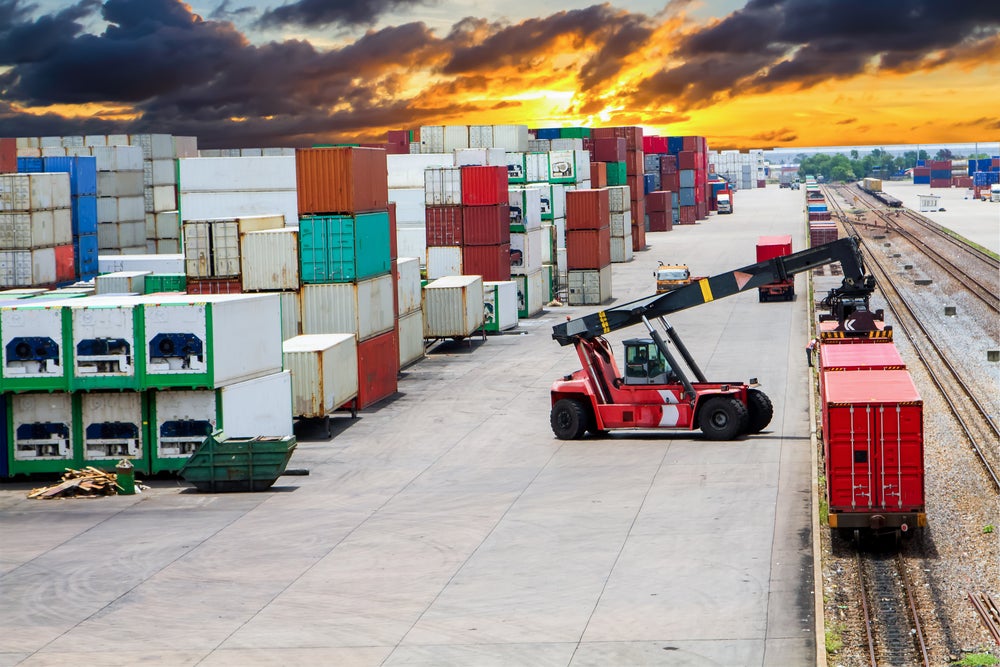
Road-Rail combined transport figures fell again during the April-June quarter, according to Ralf-Charley Schultze president of the International Union for Road-Rail Combined Transport (UIRR).
In his opening message of the Union’s August newsletter, Schultze revealed the latest quarterly volume results, along with UIRR’s latest Sentiment Index.
The near-15% drop in volume was equal to the “historic decline” marked in Q2 2020 when the Covid pandemic first hit Europe.
It is the third consecutive quarterly drop in combined transport volume, and as such it is likely unsurprising that sector business sentiment remains “negative.”
“The poor outlook for European Combined Transport is attributable to the European economy, which is experiencing difficult times characterised by high inflation, sluggish consumer confidence, the end of abundant and cheap energy and multiple impacts on transcontinental trade,” Schultze explained.
Increasing track access charges and traction electricity price hikes have not been able to compete with static road tolls and declining diesel fuel prices, meaning road-borne freight has grown more attractive.
How well do you really know your competitors?
Access the most comprehensive Company Profiles on the market, powered by GlobalData. Save hours of research. Gain competitive edge.

Thank you!
Your download email will arrive shortly
Not ready to buy yet? Download a free sample
We are confident about the unique quality of our Company Profiles. However, we want you to make the most beneficial decision for your business, so we offer a free sample that you can download by submitting the below form
By GlobalDataSchultze argued the sector would need targeted support from EU governments, as the downturn is expected to last until at least 2024.
“A wide range of options are already available to Member State governments to support electric rail freight through actions such as reduced track access charges or traction electricity price caps,” Schultze noted.


